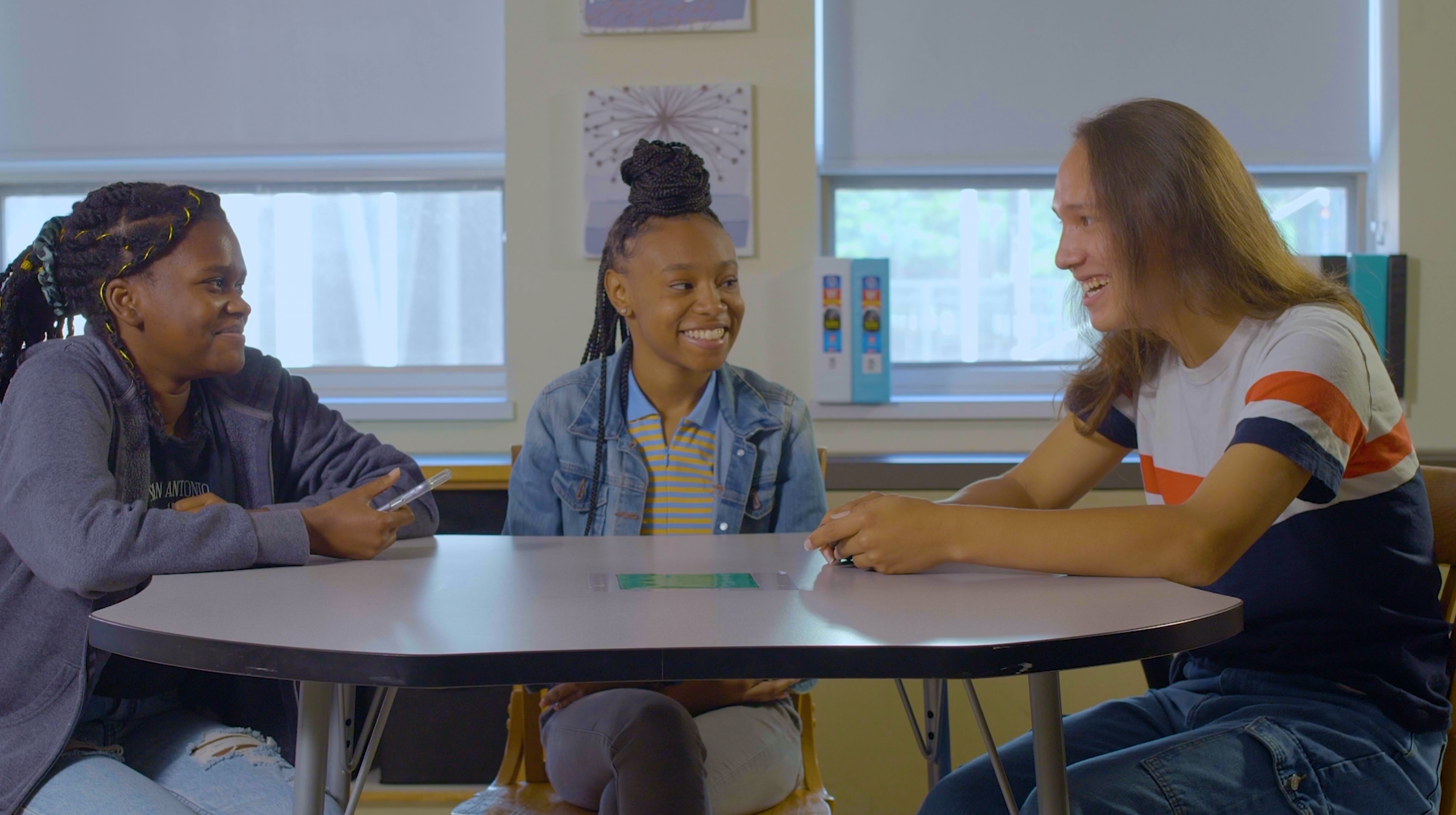Introduction
Self-advocacy is a vital skill for high school students to develop, especially when it comes to their relationships with friends. The ability to communicate one’s needs, thoughts, and feelings is crucial for maintaining healthy friendships and personal well-being. In this blog post, we will explore the concept of self-advocacy with friends, provide a no-prep activity for educators, suggest discussion questions, and recommend related skills for students to develop.
No-Prep Activity: Role-Playing Scenarios
One effective way to teach self-advocacy with friends is through role-playing scenarios. This no-prep activity requires no materials or advanced preparation from the educator. To conduct the activity, follow these steps:
- Divide students into pairs or small groups.
- Provide each group with a scenario that involves a situation where self-advocacy is necessary. Examples include:
- A friend is constantly interrupting during conversations.
- A friend borrows personal belongings without asking for permission.
- A friend is consistently late for meet-ups or study sessions.
- Ask students to role-play the scenario, with one student playing the role of the friend and the other student practicing self-advocacy.
- After a few minutes, have students switch roles and repeat the process.
- Once all scenarios have been role-played, gather the class for a group discussion about their experiences and observations.
Discussion Questions
After completing the no-prep activity, use these discussion questions to facilitate further conversation about self-advocacy with friends:
- What are some challenges you faced when trying to self-advocate during the role-playing scenarios?
- How did using a friendly tone of voice impact the outcome of your conversations?
- Why is it important to be specific about your needs when communicating with friends?
- How can we balance being honest with ourselves and respecting our friends’ feelings?
- What strategies can we use to maintain healthy friendships through effective self-advocacy?
Related Skills
Developing self-advocacy skills with friends is essential for high school students. Other related skills that can further enhance students’ social-emotional learning include:
- Active listening: Focusing on what others are saying and responding empathetically.
- Assertiveness: Standing up for one’s rights and beliefs while respecting others.
- Conflict resolution: Finding peaceful solutions to disagreements and problems.
- Empathy: Understanding and sharing the feelings of others.
- Respectful communication: Speaking to others in a manner that is considerate and kind.
Next Steps
Teaching self-advocacy with friends is a valuable skill for high school students. By incorporating these principles and activities into your curriculum, you can help students develop the confidence and ability to speak up for themselves in a respectful and effective manner. To access more resources and activities related to self-advocacy and other social-emotional learning skills, sign up for free samples at Everyday Speech.






